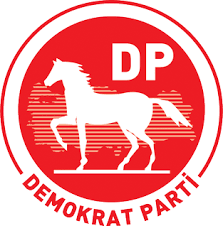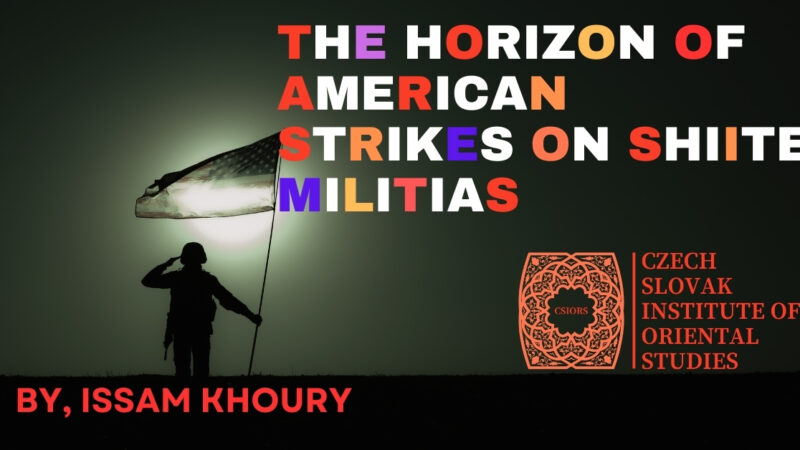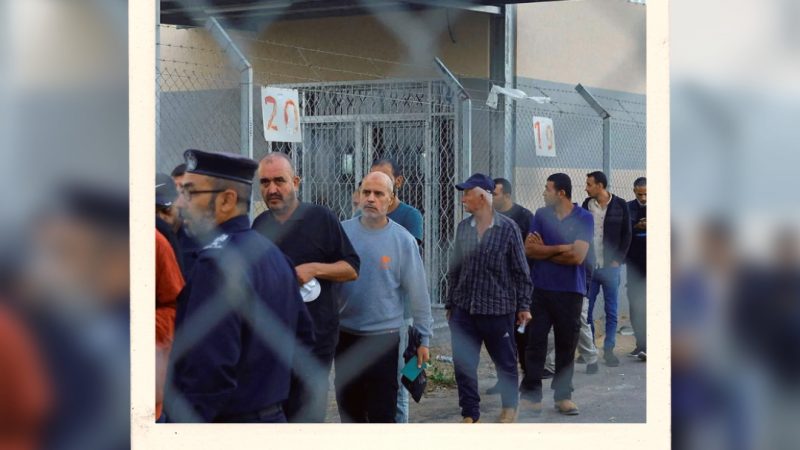Five Years of Isolation

By: Issam Khoury
The case against the Democratic Social Party on August 12th, 2009 has been impacted by the decision of the Turkish Constitutional Court to ban their activity inside Turkish territory. However, such a decision will not only affect the party’s headquarters, but it would apply to approximately 220 of its members, who are holding positions in Parliament. Local councils and the municipalities at present are impacted as well. The surprising factor about the resolution is its timing with the Turkish Government’s efforts to contain the Kurdish problem on its territory. Just a month ago and prior to the resolution, the first delegation of the mother party of the Democratic Social party, the PKK, had come from the Qandil Mountains to Turkish territory and was received by its supporters in extensive public celebrations.

A Blow to Erdogan:
The Turkish Constitutional Court represents the highest authority in the country and is dominated and controlled by the national conservative current which shows loyalty to the secular state that was established by Ataturk. This Court has long sought to undermine Kurdish political activity, as it was convinced that Kurds had a strong separative desire.
However, through this new initiative, the court sent a harsh blow to the policies of Erdogan and his Islamic party. That is, seeking reconciliation with the Kurds through achieving social development in the Kurdish areas of Turkey. Additionally, through political alliances with Kurdish leaders, even with military separative ones, in order to co-opt and contain them through demolishing the leadership. Thus, this court has dismissed both Parliamentary leaders Ahmed Turku, the leader of the party, and Ms. Isal Toglu, his Deputy. This incident has prompted nineteen Parliamentarians from the Democratic Social party to withdraw from the Parliament. This withdrawal, if approved by Parliament, would cause a crisis in the county, and could push Erdogan to ask for early Parliamentary elections.
Moreover, if Mayors and Local Councils from the Democratic Social party withdrawal from their posts, they will cause a complete loss and disruption for the administrative map in the region of Eastern Anatolia that will require a series of other appointments.
Erdogan, of course, is well aware of the magnitude of this decision, the matter that led him to immediately announce his regret for his decision. Since far too many representatives on his electoral list are Kurds, showing ignorance towards such a resolution might push his Kurdish deputies to insurgency and to end the alliance with his Islamic party. This may stress the need to dissolve the Parliament, and threaten the Turkish Government’s opportunities to play a pivotal role in the region.

Features of the PKK:
Since 1990, Kurds who were loyal to the PKK started the establishment of their political parties that were authorized by the Turkish law.
The Democratic Social party is the fifth in a series of pro-Kurdistan worker groups which faces a ban. This party begun its legally licensed political activity in accordance with the law of Turkish parties on October 7th, 1990, when seven Kurdish Parliamentarians split from the popular Democratic Communist party in order to establish the Labor party.
However, it was shut down and dismantled on June 7th, 1993 and replaced by the Democratic party on September 14th. The Democratic party faced the same circumstances of the first party, and consequently was dismantled by the Constitutional Court on December 16th, 1994. This was followed by the foundation of an alternative party, People’s Democracy Party. Yet this party also had soon been subject to dissolution on April 13th, 2003 by the votes of the majority of the Constitutional Court judges, where all its leaders were prohibited of practicing political activity. Peoples Democratic Party also followed the steps of its preceding group, which dissolved itself during the prosecution by the same Constitutional Court, where consequently all its members have moved to the Democratic Social Party that was founded in 2005.
The leaders of the Democratic Social Party were well aware of the dissolution. This prompted them to establish two alternative political Kurdish parties to substitute the Democratic Social Party. These two parties have not been announced so far, yet some Kurdish media outlets predicted the announcement through the first months of the next year. Furthermore, the Democratic Social Party took initiative in June 2008 and established the party, in precaution and preparation if the activity of the Democratic Social Party was banned. It is likely that the Independent Parliamentarian Ufuk Uras, who is a former leader of one of the Marxists, joins the party of Peace and Democracy, thereby strengthening the party and its size, as well as maintaining its Parliamentary seats in case of early elections.
This method demonstrates the failure of leaders from both the Constitutional Court and the Kurds to find a logical solution to the Kurdish issue in Turkey. Both parties are legally maneuvering to oust each other. Nobody is certain whether the series of displaying or banning Kurdish working parties will continue in the coming years.
Mob in the streets:
After the announcement of the decision to ban the Democratic Social Party, which is the fourth party in size and popularity in Turkey, many Kurds gathered in the streets, especially in the cities of Diyarbakir, to cater for corruption across public utilities, shops and banks. This behavior, of course, did not indicate the strength of the Kurds in public. Rather it was an indication of their commitment to the political decision of their leaders. For when those leaders asked them to restrain themselves, they soon returned to their houses after clearly demonstrating their anger. This technique that is currently adopted across Kurdish parties in the regions of Turkey, Syria, Iraq and Iran, illustrates the extent of commitment of vast public grassroots operations by the general political decision. This matter is indeed an extremely private case for Kurdish parties that have been capable of creating a distinguished identity of their own.
Erdogan’s Position:
There is no doubt that Erdogan is currently in a rather tough position, as a result are two evident matters:
- Erdogan doesn’t appreciate the growth of the role played by the Democratic Social Party, especially since they took the initiative of holding several celebrations while meeting delegations of PKK fighters
These celebrations made Erdogan experience great regret, as the initiatives of the party have provoked the feelings of Turkish Nationalism. Erdogan was planning, through receiving those delegations, to gain Kurdish popular opinion and to include a large part of them under the banner of his party. Thus, and as it is known, the prohibition of this party will lead to the re-establishment, but only through a period of a year or two. This may allow him to increase his popularity among the Kurdish circles themselves, essentially among the religious.
- A troublesome position: The policy of the Constitutional Court seeks to eliminate Erdogan’s policies and may soon ban his party, if he crosses the line in his proposals which seek to undermine the powers of the Court. Here is where Erdogan depends on the support of a UN Resolution which backed him as a moderate Islamic party, and plays a major role in coordinating Western policies with the Islamic governments and religious movements that support them. Thus, Erdogan might feel the need to soften the tone of his rhetoric speech against Israel or to take the role of the attacker more seriously and play the servant in reality.
Originally written on January 4th, 2010
Edited by: Adam November
ــــــــــــــــــــــــــــــــــــــــــــــــــــــــــــــــــــــــــــــ
1//2009/12/10 Turkey: The Democratic Social Party (Kurdish) Blown Ban// Mustafa Ismail


